Animals have traditionally played a significant role in fostering international ties, a sentiment highlighted by the recent transfer of animals from the Moscow Zoo to the Pyongyang Central Zoo. According to an official statement, the animals were transported by plane and accompanied by veterinarians to ensure their safe arrival.
“Historically, animals have always held a special place in relations between nations,” remarked Russian Minister of Natural Resources Alexander Kozlov, who supervised the relocation process. “They are exchanged as symbols of support, kindness, and care,” he added.
Kozlov emphasized that collaboration between Russia and North Korea extends beyond trade, industry, and economic partnerships. It also encompasses various environmental initiatives. “The friendship between the zoos in Moscow and Pyongyang is now part of this broader cooperation,” he noted.
Svetlana Akulova, the general director of Moscow Zoo, elaborated on these efforts, mentioning plans to deepen collaboration with North Korean counterparts. “With the support of the Moscow government, we aim to expand joint scientific and educational activities, as well as share expertise and information regarding the care of rare animal species,” she said.
This exchange is not unprecedented. In April, the Moscow Zoo gifted over 40 animals to the Pyongyang Central Zoo, including eagles, fruit bats, pheasants, cranes, parrots, and pythons. A few months later, in June, North Korean leader Kim Jong Un reciprocated by sending two rare Pungsan hunting dogs to Russian President Vladimir Putin ahead of a planned visit to North Korea.
The shared focus on wildlife and conservation highlights an increasingly warm relationship between the two nations, with animal exchanges serving as both diplomatic gestures and commitments to collaborative environmental efforts.



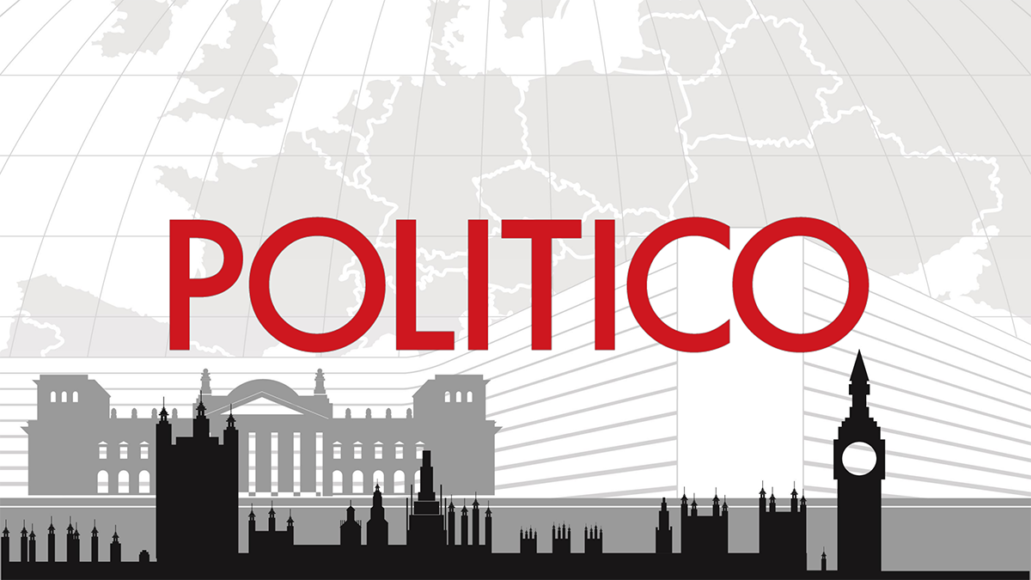
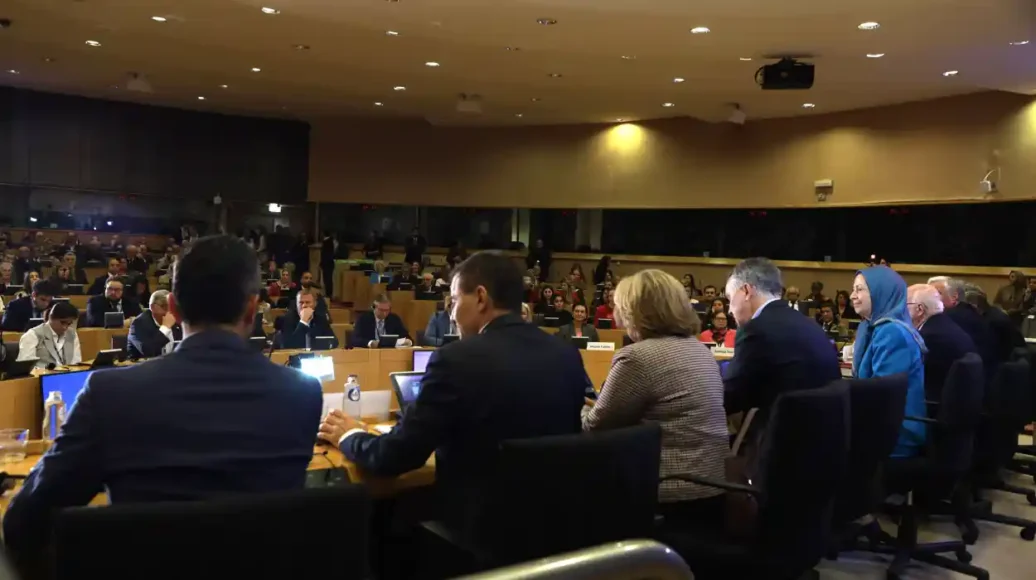
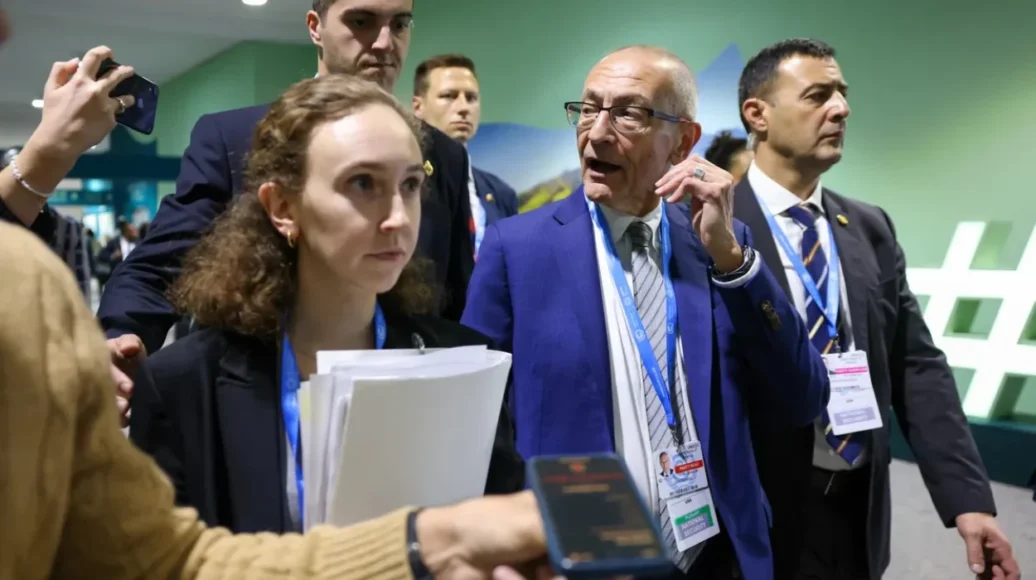
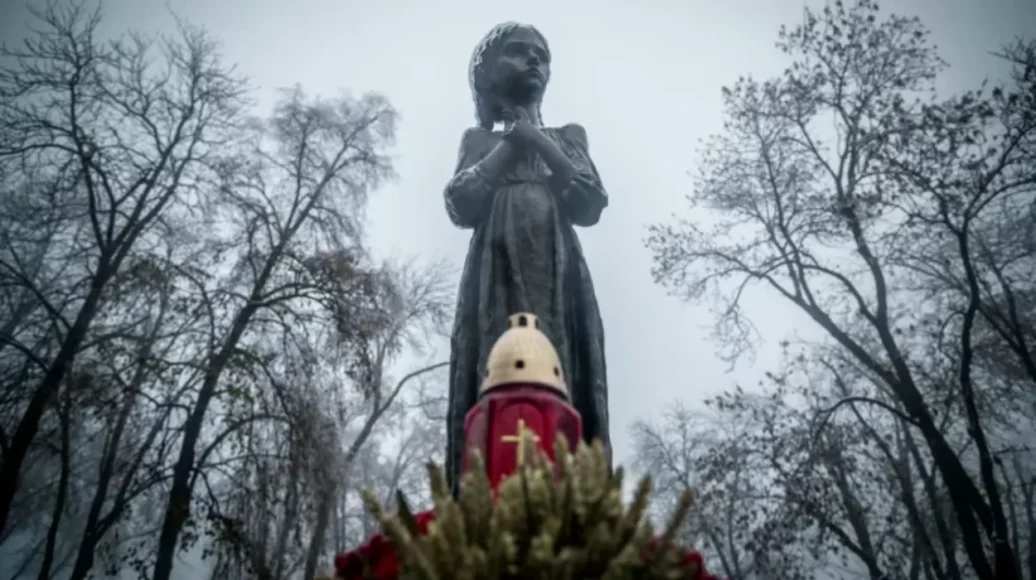
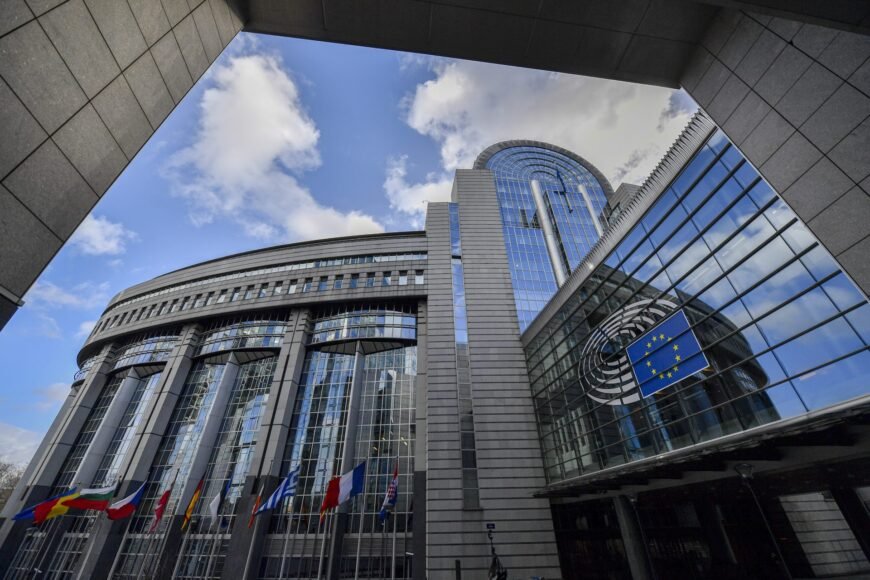
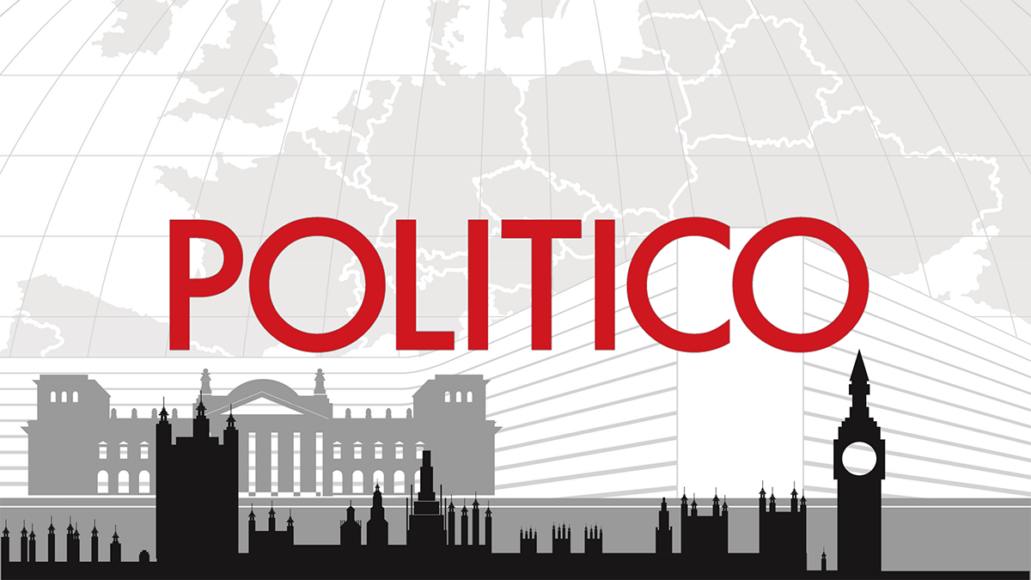
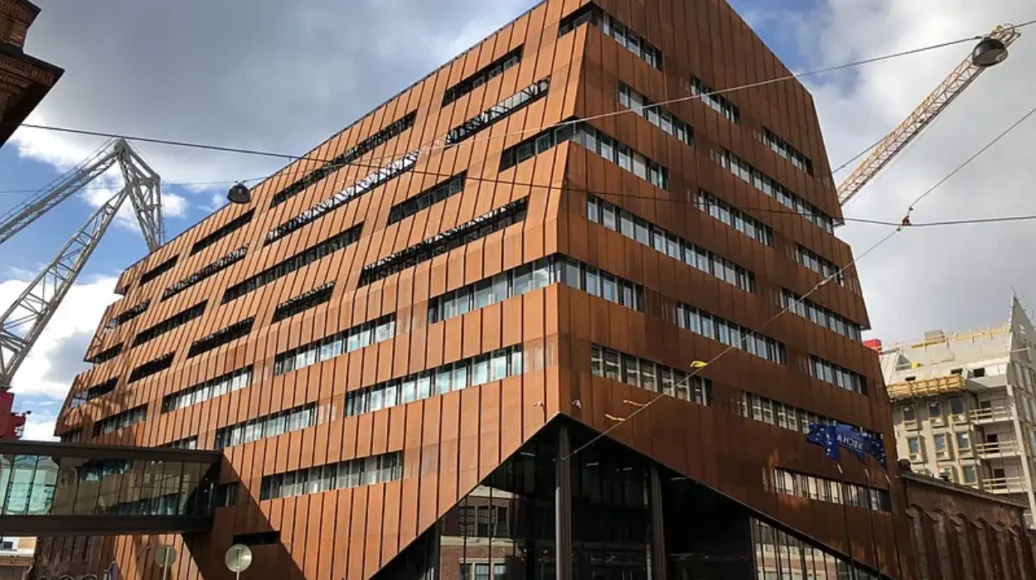



Leave a Reply